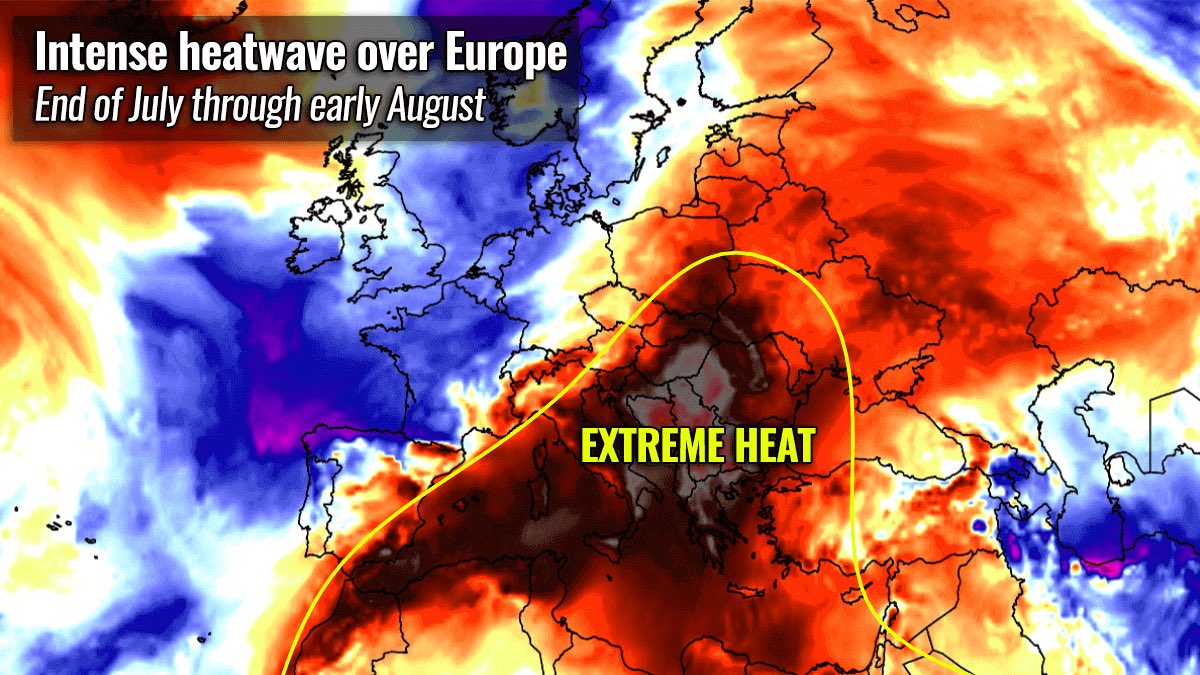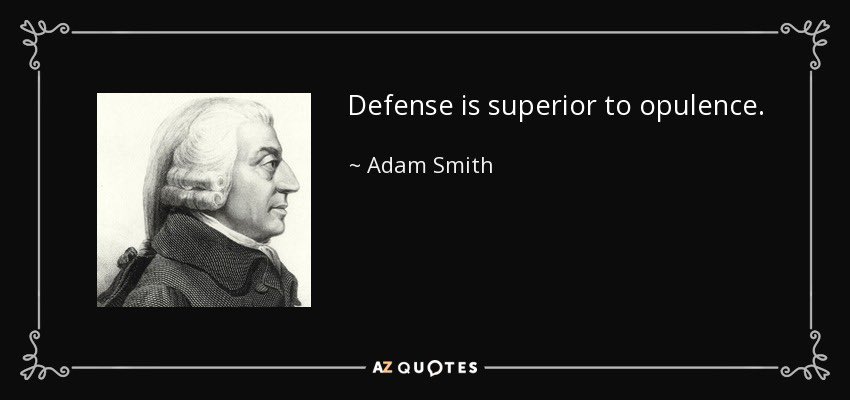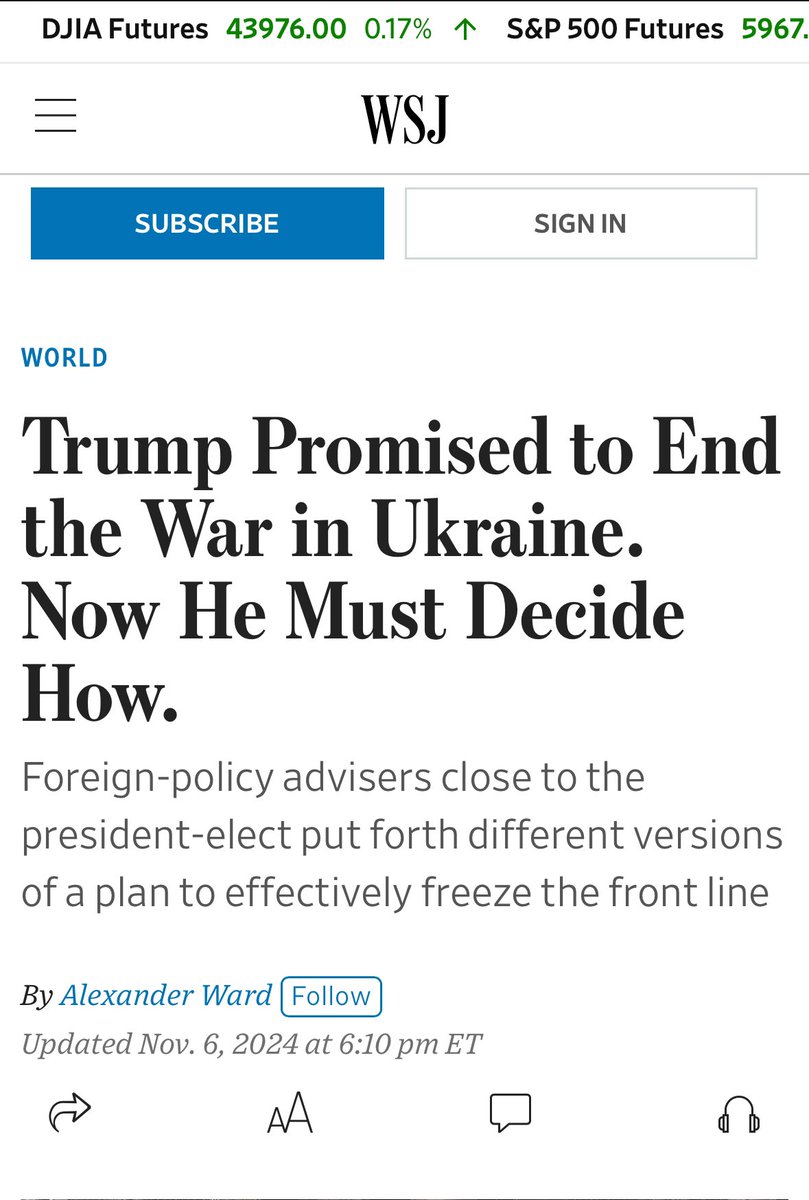A small thread on @NATO the #madridsummit the #strategicconcept and where the Alliance is moving, based on our report for @NATO_DefCollege
ndc.nato.int/news/news.php?…
ndc.nato.int/news/news.php?…

This is a historic shift for NATO. Multilateralism is weakening when great powers competition is re-emerging. China, as anticipated yesterday, was discussed as its growth offers opportunities but also raises concerns. 

World is moving East, and that’s why in Madrid PM of 🇯🇵 🇰🇷 🇦🇺 and 🇳🇿 will also participate. On this, see ndc.nato.int/download/downl…
Technological acceleration is reshaping our lives, our societies, our economies and the world. NATO Allies want to preserve their tech superiority. I have written on this highlighting both our advantages direct.mit.edu/isec/article/4… 

As well as the risks and opportunities. ndc.nato.int/download/downl… NATO has launched a set of important initiatives, like DIANA, which will attract further attention at the summit and in the years to come.
A third issue is climate change. Climate change affects our societies and our economies but also our security. Climate security has been high on the agenda for NATO for some time. 

These three structural factors are likely going to make the work for NATO harder: this calls for difficult choices. Is climate change more important than China? Is partnering around the world more important than addressing by crises?
The two final issues are covid and the war in Ukraine. Covid reminded us that security has a broader meaning than military capabilities: in lockdown and social distancing, you cannot do mil training and exercises. Covid reminded us critical dependencies. 

The war in Ukraine will receive additional attention. Yesterday’s news that NATO will increase its NRRF from 40 to 300k highlights where we are heading. Other issues like mil mobility, permanent deployments, air defenses and modernization are coming up. 

Entry of 🇸🇪 and 🇫🇮 complement this complex picture: two democracies, bringing mil capabilities, in the northern part, but Allies must all agree. Nato of the future will have to balance different priorities, strike trade-offs and make difficult choices.
• • •
Missing some Tweet in this thread? You can try to
force a refresh







